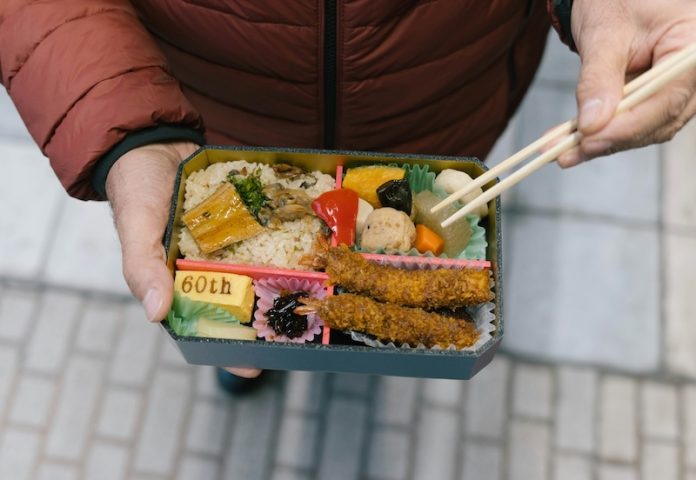
Managing your diet is one of the most important steps in controlling high blood pressure and diabetes.
Both conditions are influenced significantly by what you eat, and avoiding certain foods can make a big difference in improving your health.
High blood pressure, or hypertension, happens when the force of blood against your artery walls is too strong.
Diabetes, on the other hand, is a condition where your blood sugar levels are too high because your body struggles to use or produce insulin properly.
Despite their differences, both conditions can be managed, at least partially, by making smart dietary choices.
One of the biggest dietary concerns for both conditions is salt, or sodium. Eating too much salt causes your body to hold onto extra water, which increases blood pressure and strains your heart. Foods like processed meats, canned soups, fast foods, and salty snacks are high in sodium.
To reduce your salt intake, aim for less than 2,300 milligrams of sodium a day, with 1,500 milligrams being ideal if you already have high blood pressure. Checking nutrition labels can help you spot hidden sodium in everyday items.
Sugar is another ingredient to watch. For people with diabetes, cutting back on sugar is essential to keep blood sugar levels stable. But sugar can also affect blood pressure.
Sugary foods and drinks, such as soda, sweetened juices, and energy drinks, often contribute to weight gain, which is a risk factor for both conditions. Managing sugar intake can help control weight and reduce the risk of further complications.
Fats also play a key role in your diet. Trans fats and saturated fats are particularly harmful as they can worsen insulin resistance and increase blood pressure. These fats are often found in fried foods, baked goods like cakes and cookies, and products made with hydrogenated oils.
Replacing these with healthy fats—like those in avocados, nuts, and olive oil—can improve cholesterol levels and make your body more responsive to insulin.
Red meat and full-fat dairy products should also be limited. These are high in saturated fats, which can raise “bad” cholesterol and increase the risks associated with high blood pressure and diabetes.
Opting for lean proteins such as chicken, fish, or plant-based options like beans and lentils is a better choice.
Alcohol is another factor to consider. Drinking too much can raise your blood pressure and make blood pressure medications less effective.
For people with diabetes, alcohol can cause blood sugar to rise or fall unpredictably, especially if consumed without food. If you drink alcohol, it’s best to do so in moderation and consult your healthcare provider about safe limits.
Refined grains, such as white bread and white rice, should also be avoided or limited. These foods have a high glycemic index, meaning they cause quick spikes in blood sugar levels.
Switching to whole grains like brown rice, whole-grain bread, and oats can help keep your blood sugar steady and provide more nutrients.
Managing your diet isn’t just about avoiding harmful foods—it’s about creating a healthier overall lifestyle. Reducing salt and sugar, choosing healthy fats, eating lean proteins, and incorporating whole grains can make a big difference in controlling both high blood pressure and diabetes.
To make lasting changes, consider seeking advice from healthcare providers or a nutritionist. They can help you create a personalized meal plan that meets your specific needs and supports your journey to better health.
If you care about diabetes, please read studies that MIND diet may reduce risk of vision loss disease, and Vitamin D could benefit people with diabetic neuropathic pain.
For more information about diabetes, please see recent studies that Vitamin E could help reduce blood sugar and insulin resistance in diabetes, and results showing eating eggs in a healthy diet may reduce risks of diabetes, high blood pressure.
Copyright © 2024 Knowridge Science Report. All rights reserved.



